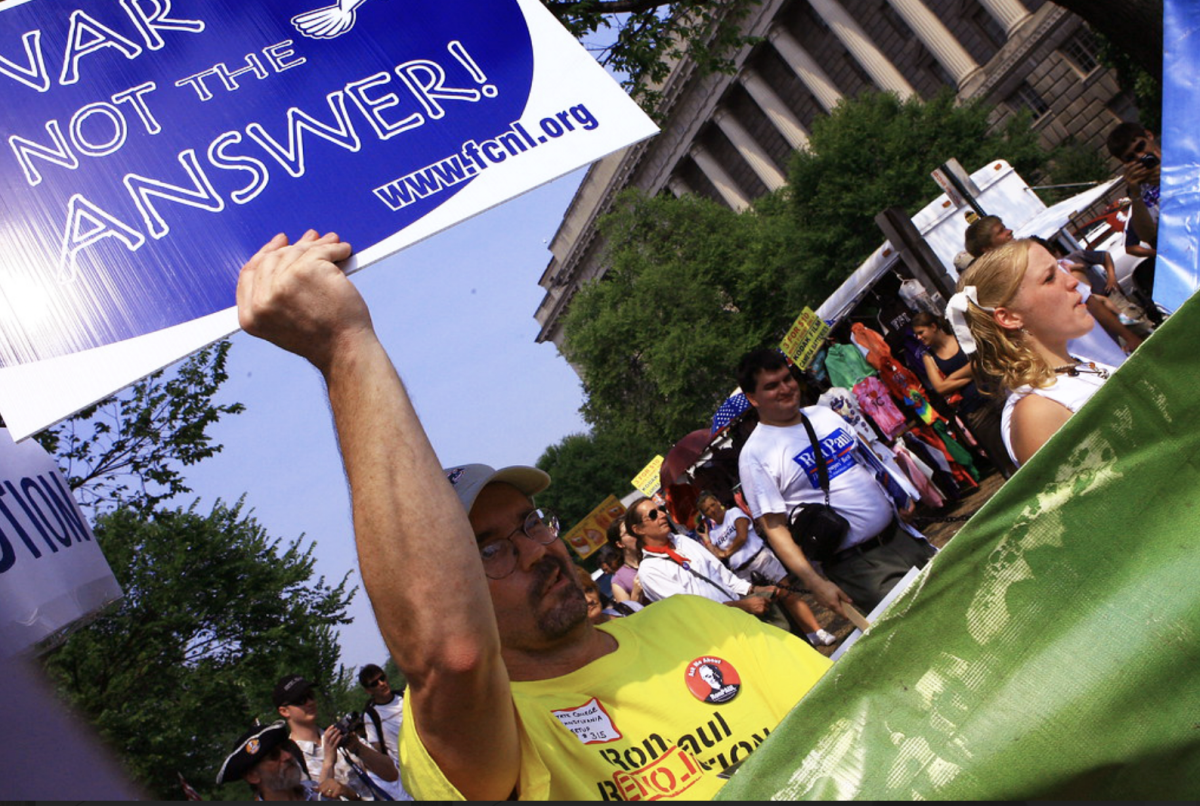On Jan. 1, New Hampshire held the first presidential primary preceding the upcoming presidential election at the end of the year. This primary ended with victories for former President Donald Trump and an unofficial victory for President Biden through write-in ballots.
The voter turnout in New Hampshire consisted of a more independent, politically diverse group than the previous Iowa caucuses, which was expected as New Hampshire is a more politically split state. According to CNN, only around one-quarter of the GOP voters in New Hampshire called themselves “very conservative,” and only a third were part of the MAGA movement, a more independent makeup than the previous Iowa caucuses.
The primary election centered on the face-off between the two remaining GOP candidates: former South Carolina Governor and United States Ambassador to the United Nations Nikki Haley and Trump. Trump was in a more favorable position than Haley going into the primary, in part due to heavy endorsements by candidates who had already withdrawn, such as Florida Governor Ron DeSantis, entrepreneur Vivek Ramaswamy and North Dakota Governor Doug Burgum. Haley’s only endorsement from former 2024 presidential candidates came from Will Hurd, a former U.S. representative and Asa Hutchinson, a former governor of Arkansas.
Trump won by a large margin, beating Haley by 11 percentage points in total and winning in nearly every age division. According to the Associated Press’ election poll results, Haley, although winning in some more urban areas such as Concord and Dover, was unable to beat Trump in others, namely Manchester, which has one of the largest voter turnouts in the state. Haley dominated in the central northern region of the state, where she won over 50 percent of the votes in those areas, whereas Trump had a relatively stronger hold over the surrounding rural areas, winning over 60% of the votes in the majority of those respective counties.
Biden, although securing a win in New Hampshire in terms of total voters through a write-in campaign, will not receive any delegates. This is because he was not on the official ballot, explaining the need for a write-in campaign for people to be able to vote for him. Biden had opted out of participating in the New Hampshire primary, and instead he chose to participate in the South Carolina primary first.
Even if Biden had been on the official ballot, however, he still would not have received any delegates. New Hampshire was the first state to hold primaries for the past century, as a 1975 law mandated its primary preceded other states. However, after much debate, officials in the Democratic Party decided to make South Carolina the first state to hold primaries on Feb. 3 in efforts to diversify the first, and most influential, primaries, demoting New Hampshire to second and pushing them back to Feb. 6. After the state refused to abide, they were then stripped of all their delegates, thus making the New Hampshire election only of symbolic importance and keeping South Carolina as the first democratic primary with competition for delegates.
Although these primaries seem to represent broader election trends, there are still many questions yet to be answered. Upper School Math Teacher Jon Mormino, who serves as the faculty adviser for the Sidwell Political Union, explains how the votes and campaign of candidate Robert F. Kennedy Jr. needs to be taken into account. Kennedy was previously running for the Democratic nomination but dropped out and began campaigning as an independent candidate. Mormino emphasizes the importance of Kennedy’s role as an independent in the 2024 presidential race by asking the question, “Who does RFK, assuming he’s on the ballot in most states, take more votes from? It’s not obvious to me.”
President Biden, seeing increasingly lower approval rates since the beginning of 2024, has now become the lowest approval rated president in modern history, with a 37.7% approval rate. According to CNBC, “Economic concerns and disapproval of military aid spending have hit his standing.”
Mormino questions the Democrats’ choice regarding backing Biden and Harris to run against Trump: “The question that I have is why Democrats have been so loath to consider a candidate who has a better chance against Donald Trump. If Democrats really think that the stakes for this election are the highest they’ve ever been, they should get a candidate other than the current president and the current vice president, who are unpopular, to be at the top of the ticket. Otherwise, they appear to be taking a big gamble, when at the same time they’re talking about how it’s essential to get this right.”
Although the New Hampshire primary holds much symbolic significance, the next few upcoming primaries will likely shed more light on what is to come for both parties.










































